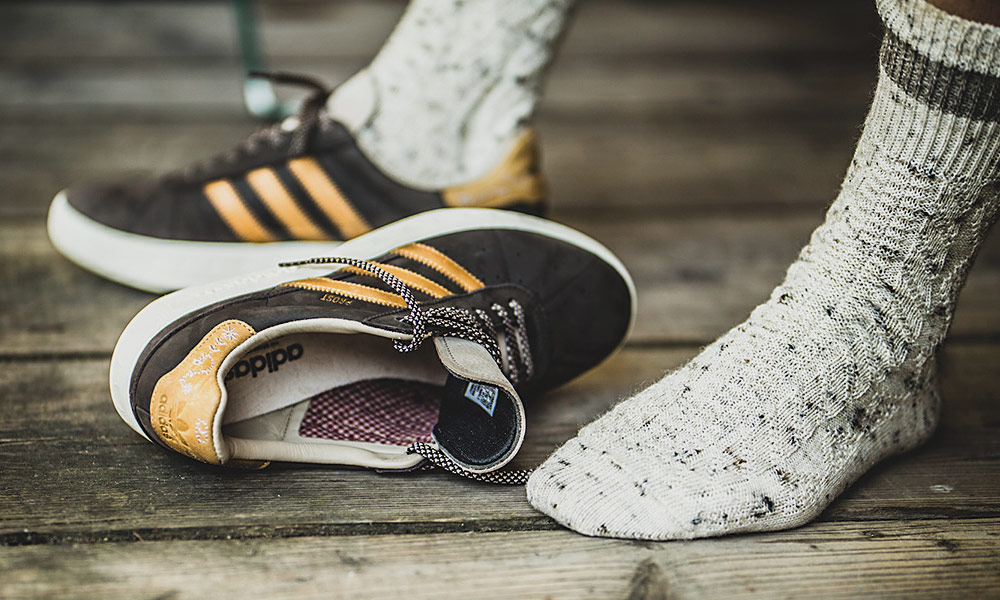
IG: @lace_junkie on Twitter: "Blue 3M Flats available now #adidas #adidastorino 📸: @Thesneakrevival 🌀⚡️🌀⚡️🌀⚡️🌀⚡️🌀⚡️🌀⚡️ https://t.co/rB5nxARk5R 🌀⚡️🌀⚡️🌀⚡️🌀⚡️🌀⚡️🌀⚡️ https://t.co/oVkd1GGdqx" / Twitter

SNS on Twitter: "The Adidas München SPZL will drop online Wednesday at 00:01 CEST at Sneakersnstuff. http://t.co/OalKHv9R6V http://t.co/LAc8bGMjJR" / Twitter

wellgosh on Twitter: "adidas Originals Munchen Sesame/Bronze looking mighty fine on the foot! £79.95 #OTF #adidasOriginals #adidasMunchen https://t.co/KtTZcTOpMO https://t.co/I5UEttUGT5" / Twitter







/cdn.vox-cdn.com/uploads/chorus_asset/file/9159903/adidas_oktoberfest.jpg)













